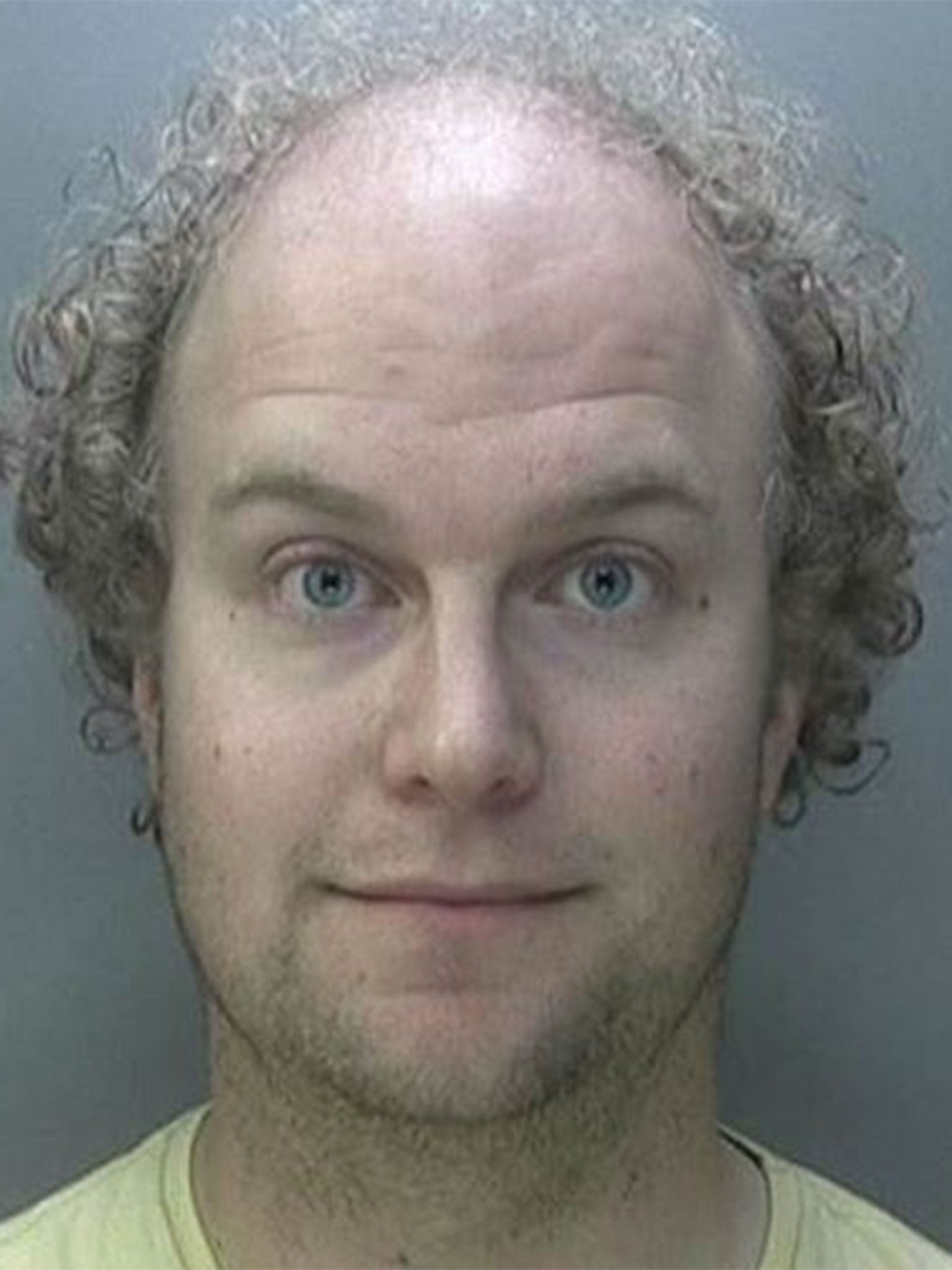Paedophiles who download indecent images of children could face longer prison sentences
Less than a quarter of the 2,528 people sentenced for making, distributing or publishing child sex abuse images last year were jailed

Paedophiles who download indecent images of children could face longer prison sentences under plans backed by the Solicitor General.
Robert Buckland, a Conservative MP and former barrister, said downloading and sharing images of child abuse “is as insidious a crime as direct sexual assault”.
“It facilitates the commission of other offences, it can lead on to more horrendous crimes,” he told the Telegraph. “People are making money out of this, children are being abused.”
Criminal offences around the making, distributing or possessing indecent images of children could be added to a scheme that allows “unduly lenient” sentences to be increased.
Statistics show that less than a quarter of the 2,528 people sentenced for making, distributing or publishing child sex abuse images in 2017 were jailed, with almost half handed suspended sentences, and one in five given community orders.
An NSPCC spokesperson said: “It’s worth remembering that at the centre of every child sexual abuse image is a boy or a girl who has been raped or assaulted in the most horrific manner.
“We need to be absolutely clear, children are abused to fuel this vile online market. They are then re-abused every time the image is downloaded.
“That’s why the Solicitor General is right to say anyone who has downloaded or shared child abuse images should be dealt with by the courts as harshly as those who directly abuse children.”
Police leaders have warned that a “horrifying” number of men are viewing child sex abuse images in the UK and said prosecution alone will not stop the trend.
But Mr Buckland said: "Whilst I understand that police are having to deal with a large number of these cases and the analysis of hardware and software can be time-consuming, the possession and distribution of this kind of image is child abuse. The public view it seriously.”
Almost 80,000 webpages were found to be hosting child sex abuse images in 2017, up 37 per cent from the previous year, and a third showed the most severe type of content, including rape and torture according to Internet Watch Foundation research.
The National Crime Agency (NCA) has called for technology companies to increase preventative measures to stop pictures and videos being uploaded to the internet, saying the scale of abuses demands a “fundamentally recalibrated approach”.
Robert Jones, of the NCA’s child exploitation command, said 400 people were being arrested every month in the UK.
“We see much of that offending as preventable,” he told journalists at a briefing in June. “With the numbers of people that we now know view these images, we have to ask ourselves whether all these people have a sexual interest in children.
“We won’t take any risks…we’re pursuing anyone we can through criminal prosecutions.”

In October, West Midlands Police Chief Constable Dave Thompson told MPs there needed to be a “really big discussion to have in society about how we deal with this that is much more than law enforcement”.
“It makes us all feel deeply uncomfortable to think that people who have that involvement in those activities should in any shape or form escape punishment, but the scale of it is just absolutely huge,” he added.
When asked about controversial proposals to give convicted paedophiles who view images online compulsory counselling and rehabilitation programmes, rather than prison sentences, he said “prosecution is not the answer on its own”.
Earlier last year, Simon Bailey, the National Police Chiefs' Council lead for child protection, said officers must focus on the individuals who “pose the really significant threat”.
“Every time an image is viewed, the victim is being victimised again and there is nothing as abhorrent, but we have to be able to manage the totality,” he said.
A spokesperson for the Attorney General’s office would not confirm whether child sex abuse image offences would be added to the Unduly Lenient Sentencing scheme, adding: “As set out in the [Conservative] manifesto commitment we are working with the Ministry of Justice to look at extending the scheme further. No decisions on future extensions have been made.”
More than 130 criminals had their prison terms increased last year under the programme, for offences including murder, manslaughter, rape, modern slavery, child cruelty, sexual offences and causing death by dangerous driving.
The scheme allows victims, prosecutors and members of the public who believe sentences are too low to appeal for a review at the Court of Appeal.
In 2017, 943 referrals were received by the Attorney General’s office, 173 cases were referred onwards and judges increased the sentence in 137 of those.
The scheme, introduced after a judge handed down longer jail terms for burglary than rape in the 1986 Jill Saward case, only covers some crimes and was expanded last year to include an additional 19 terror offences.
Commenting on the statistics, which were published on Monday, Mr Buckland said: “A sentencing exercise is not an exact science and in the vast majority of cases, judges get it right. For an offence there is a range within which a judge might sentence properly.
“The scheme is available to ensure that the Court of Appeal can review cases where there may have been a gross error in the sentencing decision.”
A spokesperson for the Ministry of Justice said sentencing was “a matter for independent judges who make decisions based on the full facts of each case”.
”Online child sexual exploitation is sickening, and offenders who take or distribute indecent images already face 10 years in prison - with record numbers given custodial sentences in 2017,” he added.
“Last year, we also made it illegal to communicate sexually with a child, and we will shortly set out further measures to protect child victims in our Victim's Strategy.”